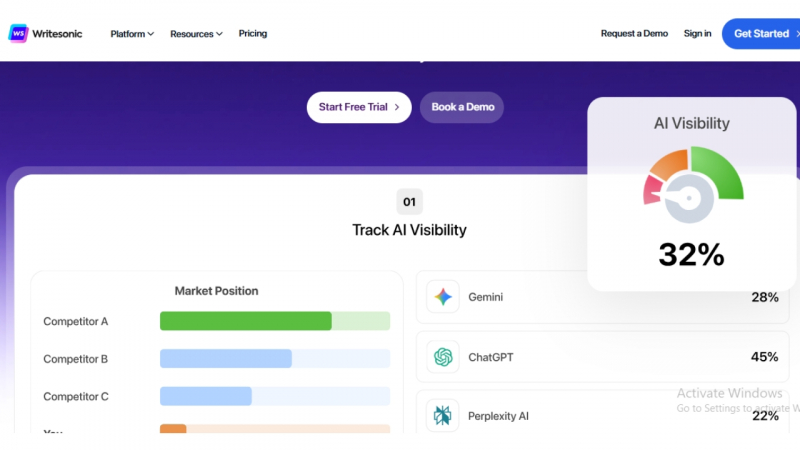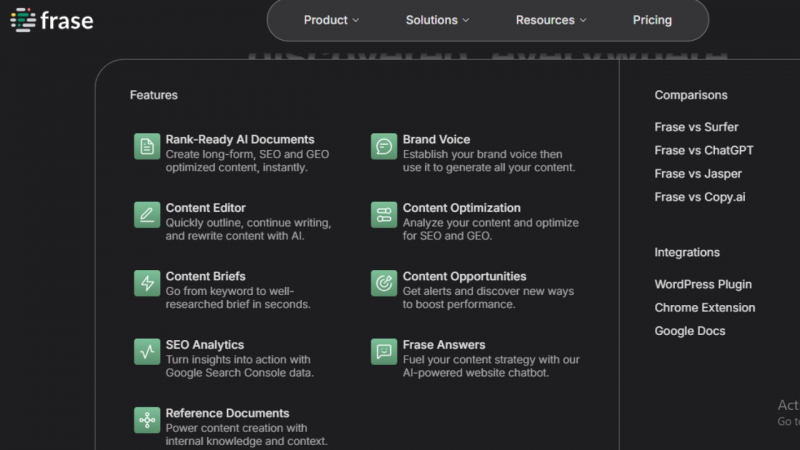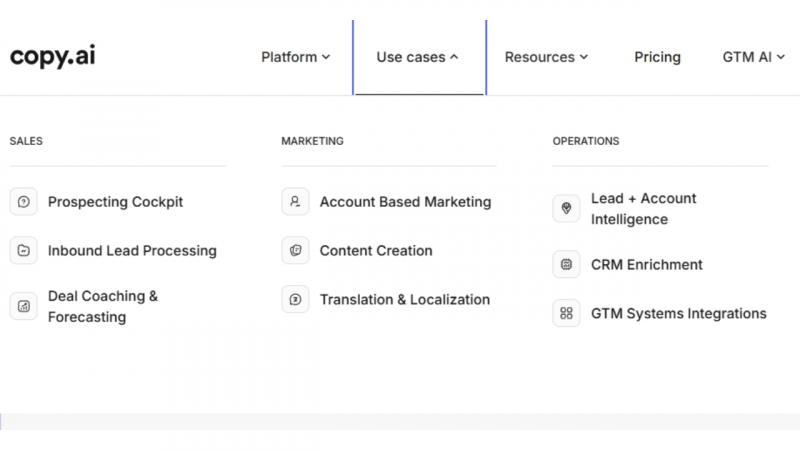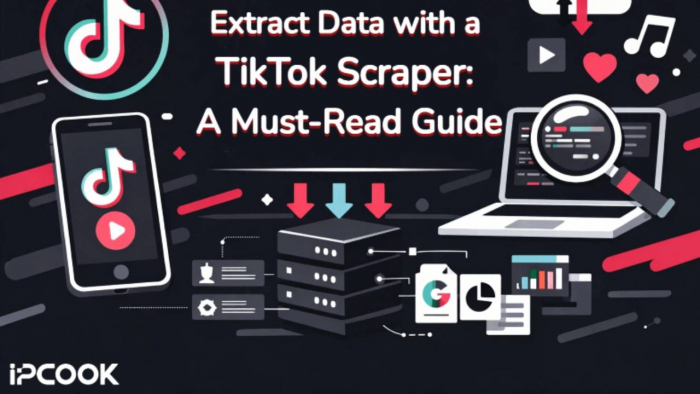Creating blog posts that rank well on search engines is no longer just about good writing. It requires keyword research, optimization, content structure, and analysis. AI tools now make this process faster, smarter, and more effective. In this blog, I’ll explore the top AI tools that help with writing and optimizing SEO blog posts, how they work, and which one might fit your needs best.
Why Use AI for SEO Blog Writing?
I asked myself: Why not just write naturally and hope Google rewards it? The answer is competition. Over 7.5 million blog posts are published every day. Without SEO, even great content gets buried. AI tools help with:
- Keyword optimization: Finding relevant keywords and placing them strategically.
- Content structuring: Ensuring posts are skimmable and easy to read.
- Competitor analysis: Learning what works in your niche.
- Time-saving: Writing faster while still meeting SEO best practices.
Top AI Tools for Writing and Optimizing SEO Blog Posts
1. SurferSEO
SurferSEO blends writing assistance with SEO analysis. It compares your draft against top-ranking pages and gives real-time feedback.
- Best for: Writers who want detailed keyword and SERP analysis.
- Features: Content editor, keyword density checker, internal linking suggestions.
- Pricing: Starts at $89/month.

2. Jasper AI
Jasper AI (formerly Jarvis) is popular for generating long-form content. It integrates with SurferSEO for optimization.
- Best for: Teams creating high volumes of content.
- Features: Blog post workflows, tone adjustment, SEO integration.
- Pricing: From $39/month.

3. Clearscope
Clearscope focuses on content clarity and relevance. It suggests related keywords and ensures natural keyword use.
- Best for: Businesses prioritizing quality and readability.
- Features: Keyword reports, content grading, and readability analysis.
- Pricing: Starts at $170/month.
4. Writesonic
Writesonic generates SEO-friendly articles with minimal input. It’s an affordable option for individuals or startups.
- Best for: Solo bloggers and small businesses.
- Features: Blog post generation, meta descriptions, and AI art for visuals.
- Pricing: Free plan available, premium from $16/month.

5. Frase
Frase helps with content research, writing, and optimization. It scans competitors and builds detailed content briefs.
- Best for: Marketers who want data-driven insights.
- Features: Content briefs, AI writer, SEO scoring.
- Pricing: From $14.99/month.

6. Copy.ai
Copy.ai is great for quick blog post drafts and creative ideas. While not as SEO-focused, it’s useful for overcoming writer’s block.
- Best for: Ideation and fast content creation.
- Features: Blog post outlines, headline generation, and social media content.
- Pricing: Free plan, Pro at $49/month.

7. MarketMuse
MarketMuse uses AI to analyze your site and suggest content improvements. It’s strong in long-term SEO strategy.
- Best for: Enterprise content teams.
- Features: Content audits, optimization plans, and topic modeling.
- Pricing: Custom pricing.
How Do These Tools Compare?
I wanted to know: which tool is best for me? Here’s a breakdown:
- Budget-friendly: Writesonic, Copy.ai, Frase.
- Enterprise-level: SurferSEO, Clearscope, MarketMuse.
- Balanced option: Jasper AI, as it covers both writing and optimization.
Each tool has strengths. If you’re focused on SEO scoring and deep analysis, SurferSEO and Clearscope lead. If you need content quickly, Writesonic or Jasper AI may be better.
My Recommendation
If you’re just starting, I recommend Frase or Writesonic. They’re affordable and effective for building momentum. For professional marketers, SurferSEO paired with Jasper AI is powerful. If budget isn’t an issue, Clearscope and MarketMuse provide unmatched insights.
Final Thought
AI doesn’t replace creativity. It enhances it. The best strategy is blending your unique voice with AI-powered optimization. SEO isn’t about gaming the system; it’s about creating useful, well-structured content that search engines and readers both love.
Would you rely fully on AI for writing, or do you prefer using it as an assistant? I’d love to hear your thoughts in the comments.
Post Comment
Be the first to post comment!





